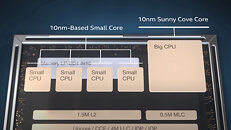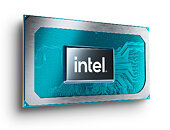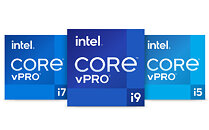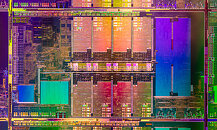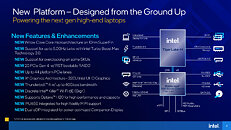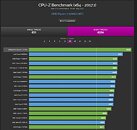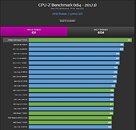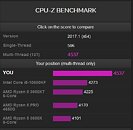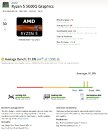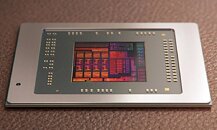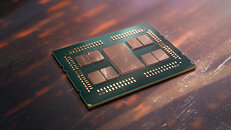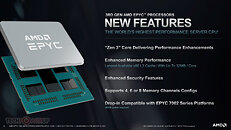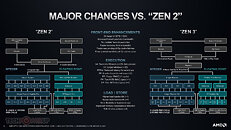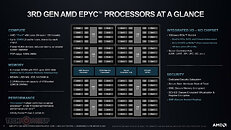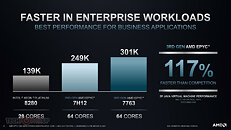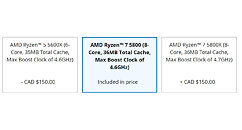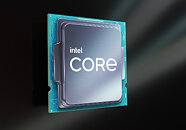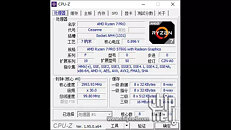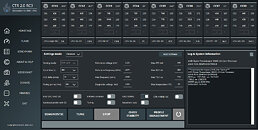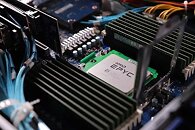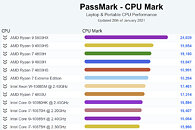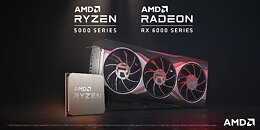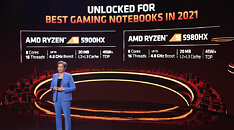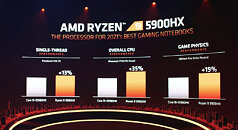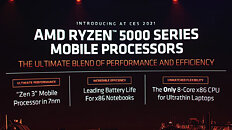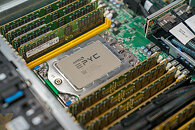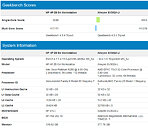
Acer Announces the Swift X Featuring NVIDIA GeForce RTX 30 Series Laptop GPUs
Acer today introduced the Swift X, the newest member of its popular Swift line of notebooks. Designed to take ultra-portable PC design to the next level, this ultrathin-and-light laptop boasts an AMD Ryzen 5000 Series Mobile Processor with "Zen 3" architecture and the latest NVIDIA GeForce RTX 3050 Ti Laptop GPUs.
"Acer's new notebook models are designed to offer consumers the widest possible choice of high-performance, ultraportable computing devices," said James Lin, General Manager, Notebooks, IT Products Business, Acer Inc. "Professionals need a clean-looking notebook that is compact enough to take with them throughout the day, but it also has to be powerful enough to run multiple resource-intensive programs at once. With every device we make, we're always pursuing that balance."
"Acer's new notebook models are designed to offer consumers the widest possible choice of high-performance, ultraportable computing devices," said James Lin, General Manager, Notebooks, IT Products Business, Acer Inc. "Professionals need a clean-looking notebook that is compact enough to take with them throughout the day, but it also has to be powerful enough to run multiple resource-intensive programs at once. With every device we make, we're always pursuing that balance."







